Shaping the future of health across Asia and the Pacific
Grand Challenges Plenary
SESSION RECORDING
During the session, which focused on the future of the Asia-Pacific region, attendees engaged in a discussion about the major global health threats that cannot be ignored. The themes discussed were of great interest to all summit attendees, but the attendees were particularly concerned about the constant fear of worsening global health in the Asia-Pacific region. The discussion of global health threats led to the theme of shaping the future of the Asia-Pacific region's global health field.
Panellists discussed various methods and strategies that could be exercised, with a particular emphasis on working with local communities. These conversations engaged global leaders and summit attendees alike, providing a platform for a fruitful exchange of ideas. Although the session was titled "Shaping the future of health across Asia and the Pacific," the panel discussion concluded by highlighting the role that attendees could play in reshaping health today. By taking proactive steps to improve health outcomes in the Asia-Pacific region, attendees could lay the foundation for a better future.
In conclusion, the session provided a valuable opportunity for attendees to collaborate and share ideas, with the ultimate goal of improving the health and well-being of people across the Asia-Pacific region.
SESSION SUMMARY
Sandro Demaio
Chief Executive Officer, VicHealth, Australia
SESSION MODERATOR
Saia Ma’u Piukala
Regional Director for the Western Pacific, World Health Organization (WHO)
Adeeba Kamarulzaman
CEO, Monash University Malaysia, and Pro-Vice Chancellor and President (Malaysia), Monash University
Lucas de Toca
Ambassador for Global Health and First Assistant Secretary, Department of Foreign Affairs and Trade, Australian Government
Ilona Kickbusch
Founding Director, Global Health Center, Graduate Institute of International and Development Studies, Geneva; Co-chair, Council of the World Health Summit
INVITED SPEAKERS

